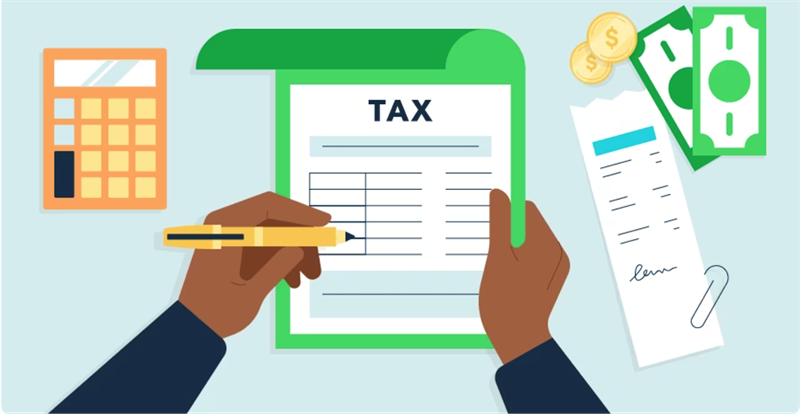THE LEVY WILL BE COLLECTED SEPARATELY FROM THE VAT.
 In an effort to provide greater clarity on government’s recent policy decision to implement a Health and Security Levy, Permanent Secretary in the Department of Finance, Francis Fontenelle, has stated that the government’s 2.5 percent Health and Security Levy is not a VAT and that government’s tax policy forms part of prudent financial management in balancing the country's budget.
In an effort to provide greater clarity on government’s recent policy decision to implement a Health and Security Levy, Permanent Secretary in the Department of Finance, Francis Fontenelle, has stated that the government’s 2.5 percent Health and Security Levy is not a VAT and that government’s tax policy forms part of prudent financial management in balancing the country's budget.
He explained one of the core responsibilities of a government is fiscal sustainability—a government’s ability to generate revenue to at least match its expenditures. He said that similar to household budgets, the government must be mindful of balancing its budget. Having debt for any sustained period of time—ballooning debt—can land governments in the hands of foreign debt collectors. The optimum scenario, he said, is for government revenue to match its operating and capital expenditure.
“That is where the government’s revenue and tax policy comes in. If the government is noticing that over a period of time there is a fiscal deficit or an operating account deficit, it means revenue is not sufficient to take care of operating expenditure and that there is danger down the line. That is why the government has to come up with policies to correct this. From 2019 up until last year, we had sustained fiscal deficits. It’s obvious because we had the COVID-19 situation and productivity decreased, revenue decreased, but certain expenditures remained.”
Deputy Comptroller at the Customs and Excise Department, Ava Marius-Deterville said that the department collects over 50 percent of government revenue. It is responsible for the administration of the Health and Security Levy on goods coming into the country.
“All the new taxes emanating from the budget cycle for this year we are responsible for implementing these new taxes on the applicable goods at the time of importation or when the taxes become payable. For those goods which are exempted—for example the building materials—we would not apply these taxes to them. So in essence, Customs is responsible for the collection and the protection of government revenue.”
She added that the Customs and Exercise Department continues to edify the inquiring public on the reason for the taxes and on the list of exempted items via the department’s website.
“It is a new levy, so it will take some getting used to. But our officers are aware of the new levy and it is being applied as we speak at the borders.”
Comptroller at the Inland Revenue Department (IRD) Marcia Vité highlighted the government’s decision to delay the implementation of a 2.5 percent levy on services by two months.
“The [levy on] services would start on October 2 so in essence there is zero rate for the next two months, August and September, and it will start on services from October.”
The Comptroller added that the IRD has been on the ground working with service providers on how to file, the aim of the levy, and how to ensure the levy is collected. She also sought to clear the misconception of the levy being compared to a Value Added Tax (VAT).
“It is a levy. It is definitely not a VAT. It is a levy that will be collected separately from what we know as the VAT. What happens is that the VAT is the final tax. So the VAT will be levied on your goods and services, and then on the levy. So the VAT, as it always has been, is the final tax.”
The IRD will continue its outreach and education campaign with service providers and has posted the act and general information on the IRD Saint Lucia website.
The Ministry of Commerce will be monitoring the implementation of the removal of VAT on select items such as building materials and sanitary products to ensure what the government articulated in its policy statement redounds to the ordinary citizen.